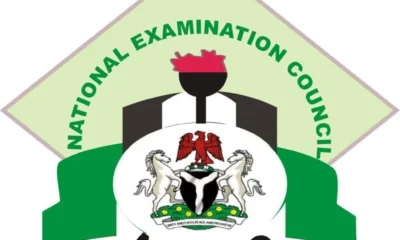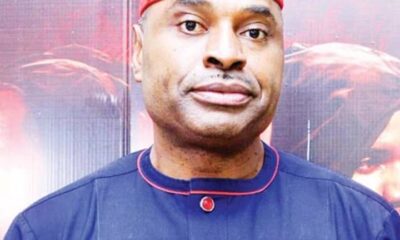Business
Windfall tax: Nigerian banks dare FG over remittance
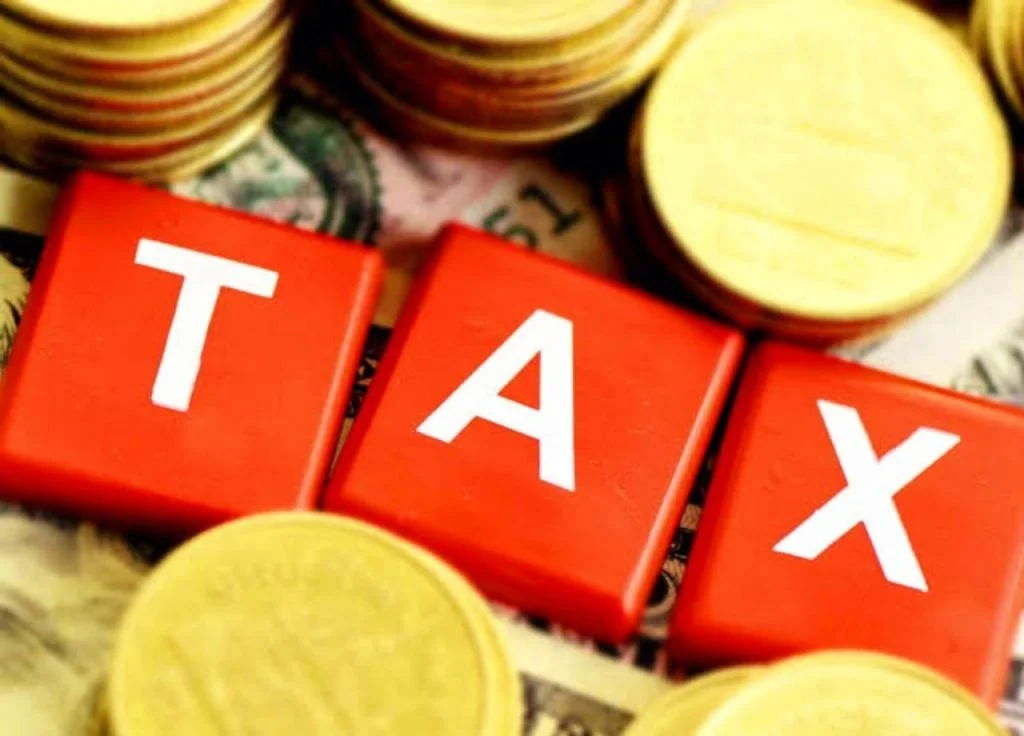
Nigerian banks and the federal government, through the Federal Inland Revenue Service, have been enmeshed in disagreement over how much should be paid in a one-off foreign exchange windfall tax, two weeks after an initial deadline elapsed.
Recall that President Bola Ahmed Tinubu in July 2024 sought lawmakers’ approval for a 50 percent tax on banks’ realised foreign exchange gains following the naira devaluation on June 14, 2023.
Thereafter, both chambers of the National Assembly passed the bill seeking the one-off tax, called the wildfall tax, with the Senate raising the rate to 70 percent.
Nigerian top-tier banks were to be debited by the CBN on December 31, 2024, for the windfall tax.
However, Business Day on Monday reports that barely two days after the deadline, Nigerian banks are yet to give in on the windfall tax implementation.
The banks and the FIRS, however, can’t seem to agree on the tax due, two weeks after the payment deadline.
“The banks are having a quiet tango with the FIRS on the windfall tax issue at the moment,” a source familiar with the matter told Business Day.
“The banks are arguing with the FIRS on the calculated sums of tax due and are reverting with their own calculations based on the same principles the FIRS is basing its numbers on.
“All banks were going to be debited on December 31 by the CBN based on FIRS numbers, but the coordinating minister of the economy said no.
“Most of the banks now live in fear of being hammered anytime from now by the CBN based on whatever FIRS wants to do,” the source further said.
The windfall tax comes as the Nigerian banks benefit from Tinubu’s foreign exchange reform in 2023, which led to an initial 40 percent devaluation of the currency.
Four of Nigeria’s five largest banks recorded huge foreign exchange revaluation gains in 2023, with First Bank of Nigeria Holdings the only exception.
To this end, reports have it that Access Bank, Zenith Bank, Guarantee Trust Bank, and United Bank for Africa saw their combined gross earnings more than double to N8 trillion in 2023.
Similarly, profit before tax for the four banks jumped more than two-fold to N2.9 trillion, according to the results declared for the year.
Gains made from currency revaluation account for as much as a third or more of their entire profit for the year under consideration, according to the credit-rating agency Moody’s, which covers the top nine Nigerian lenders.
The Chairman of the Federal Inland Revenue Service, Zacch Adedeji, in July said the windfall tax is a recovery plan to balance the Nigerian economy.
This comes amid the opposition by stakeholders in the banking sector.
However, Femi Otedola, the chairman of FBNH, whose bank was not affected, backed the federal government on the implementation of the windfall tax.
The tax will see the federal government rank in 70 percent of the N3.7 trillion FX gain by banks in 2023.
Business
Zenith Bank Delivers Outstanding 2025 Half Year Financial Results Under Adaora Umeoji’s Leadership
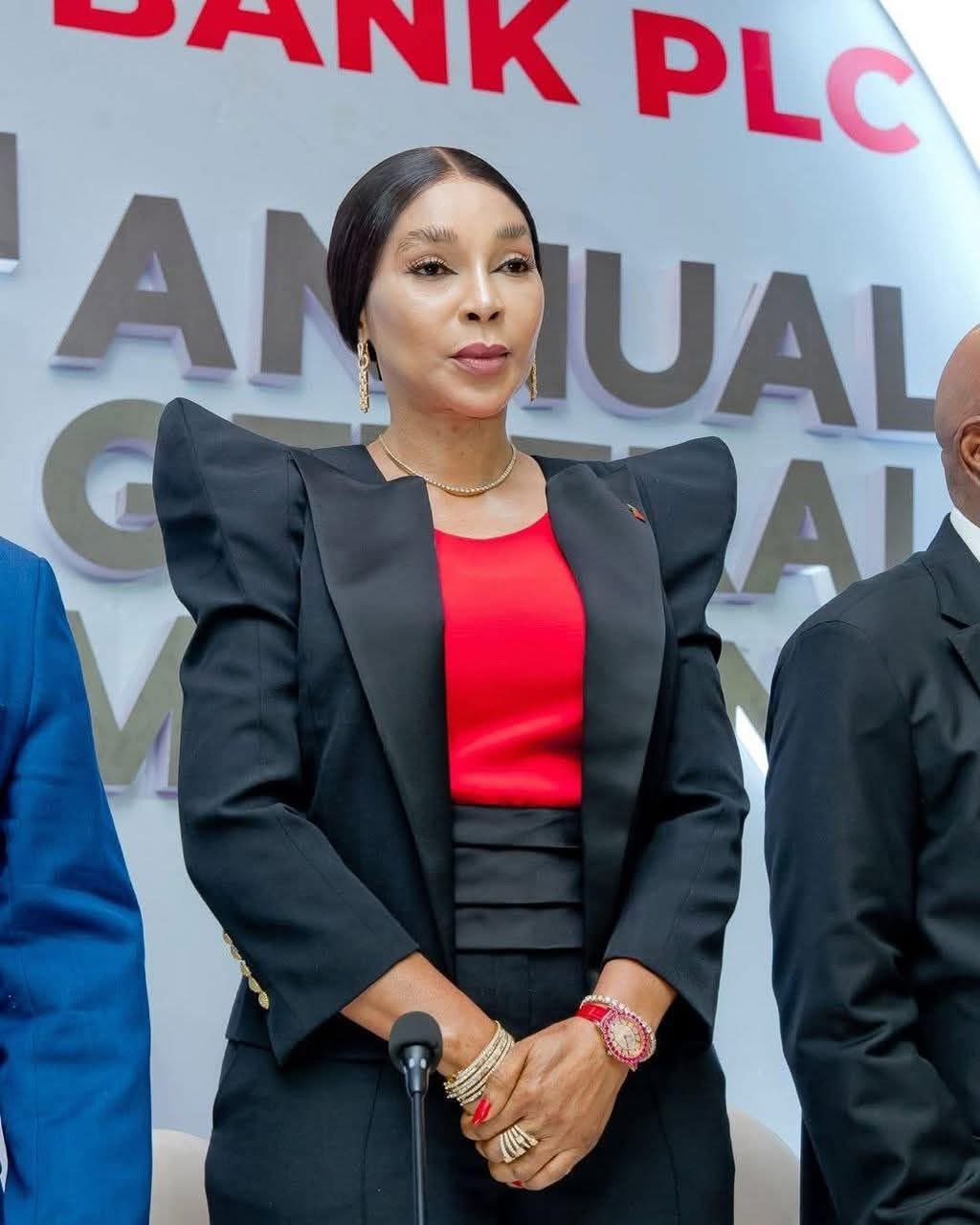
Zenith Bank Plc has once again proven why it stands tall as one of Africa’s most resilient financial institutions.
The bank’s half-year 2025 results, released this week, are not just a story of numbers—they are a story of bold leadership, decisive strategy, and a clear vision under the stewardship of its Group Managing Director/CEO, Dame Dr. Adaora Umeoji, OON.
Despite writing off a staggering ₦760 billion in bad loans as part of the industry-wide CBN forbearance regime exit, Zenith still posted a solid ₦532 billion profit after tax.
For shareholders, this translated into smiles: the Board approved an interim dividend of ₦1.25 per share, a 25% increase from the ₦1.00 paid in H1 2024.
Headline Numbers at a Glance
Gross earnings surged 20% YoY to ₦2.52 trillion (H1 2025 vs. ₦2.1 trillion H1 2024).
Interest income jumped 60% YoY to ₦1.84 trillion, powered by higher yields and strong loan book performance.
Net interest income nearly doubled, up 89% YoY to ₦1.35 trillion.
Customer deposits climbed to ₦23.5 trillion (₦22 trillion Dec 2024), with savings deposits (₦8.8 trillion) now overtaking current accounts (₦8.7 trillion) for the first time.
Total assets stood firm at ₦31 trillion, up from ₦30 trillion in Dec 2024.
Capital adequacy ratio (CAR) at a robust 26%, far above regulatory thresholds.
NPL ratio improved to 3.1% (vs. 4.7% in Dec 2024), showing stronger asset quality.
Even after a heavy one-off loan provision, Zenith maintained a return on average equity (ROAE) of 24.8%—a testament to efficiency and resilience.
Adaora’s Decisive Leadership
What stands out in this result season is not just the numbers but the leadership behind them.
Adaora Umeoji has shown that banking leadership in Nigeria can be bold, disciplined, and visionary all at once. Instead of chasing flashy profit headlines, her team took the harder route—“biting the bullet” with ₦760bn provisions to clean up the loan book and build a stronger foundation for the future.
This decision signals clarity of purpose: protect the balance sheet today, unlock greater growth tomorrow. In her own words:
> “Our H1 2025 performance reaffirms the strength and resilience of the Zenith brand. In the face of elevated provisioning, our total asset quality has recorded a marked improvement while our balance sheet remains strong, liquid and well positioned to capture emerging opportunities.”
Adaora’s leadership has also emphasized sustainability, gender parity, and digital transformation.
Under her watch, Zenith is not just chasing profits—it is positioning itself as a future-ready institution, committed to SMEs, women entrepreneurs, and environmentally responsible banking.
Why It Matters
For investors, these results are both reassuring and exciting. Interim dividends are higher, capital buffers are stronger, and the path to sustained growth in 2H 2025 is clear. Zenith’s fortress balance sheet, coupled with a bold leadership style, ensures that the bank remains a bellwether for the Nigerian and African financial system.
As the recapitalization race continues in Nigeria’s banking industry, Zenith already sits comfortably above the ₦500bn capital requirement, with shareholders’ funds at ₦4.57 trillion. This further reinforces its reputation as a safe haven for investors.
Conclusion
Zenith Bank’s H1 2025 results are not just a financial scorecard—they are a leadership case study. Under Adaora Umeoji’s stewardship, Zenith has shown that true leadership means facing challenges head-on, taking the tough decisions, and still delivering value to shareholders.
The numbers are impressive. The dividends are attractive. But the story behind it all—the story of bold, visionary leadership—is what will sustain Zenith Bank’s dominance in the years to come.
Business
Naira appreciates massively against US dollar across official, black markets
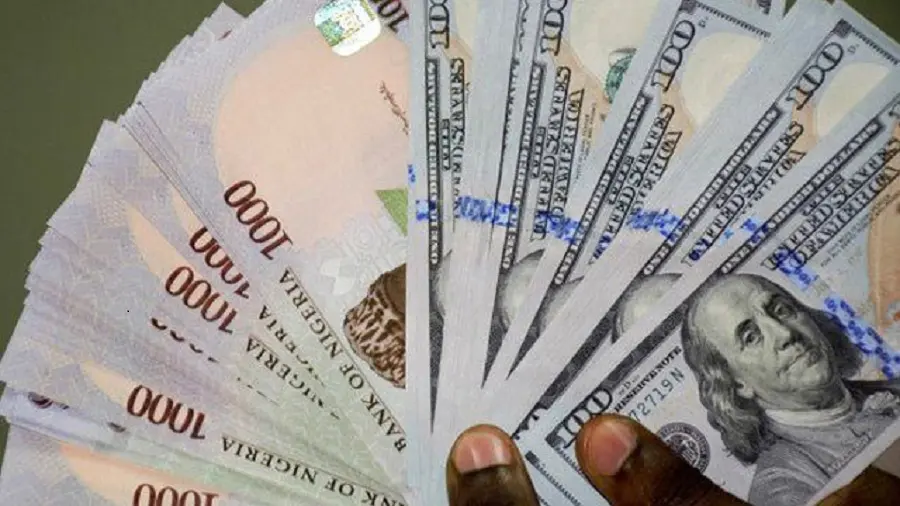
The naira appreciated massively against the United States dollar across official and parallel foreign exchange markets to end the week on a good note.
The Central Bank of Nigeria’s data showed that the naira strengthened to N1,487.90 against the dollar on Friday, up from N1,498.98 on Thursday.
This means that the Naira firmed up against the dollar at the official market by N11.08 on a day-to-day basis.
At the black market, the naira appreciated by N15 to N1,522 on Friday per dollar from N1,537 on Thursday.
The development showed that the Naira gained against foreign exchange currenciesacross FX markets on Friday. This is a major boost from Wednesday and Thursday’s downtrend the naira experienced.
Ekwutosblog reports that the Naira gained N3.9 on a week-on-week basis when compared to N1,501.50 traded last week Friday.
This comes as the apex bank data showed that the country’s external reserves had continued its rise and stood at $41.99 billion as of September 18, 2025.
Business
Vietnam closes 86 million bank accounts over missing biometric verification
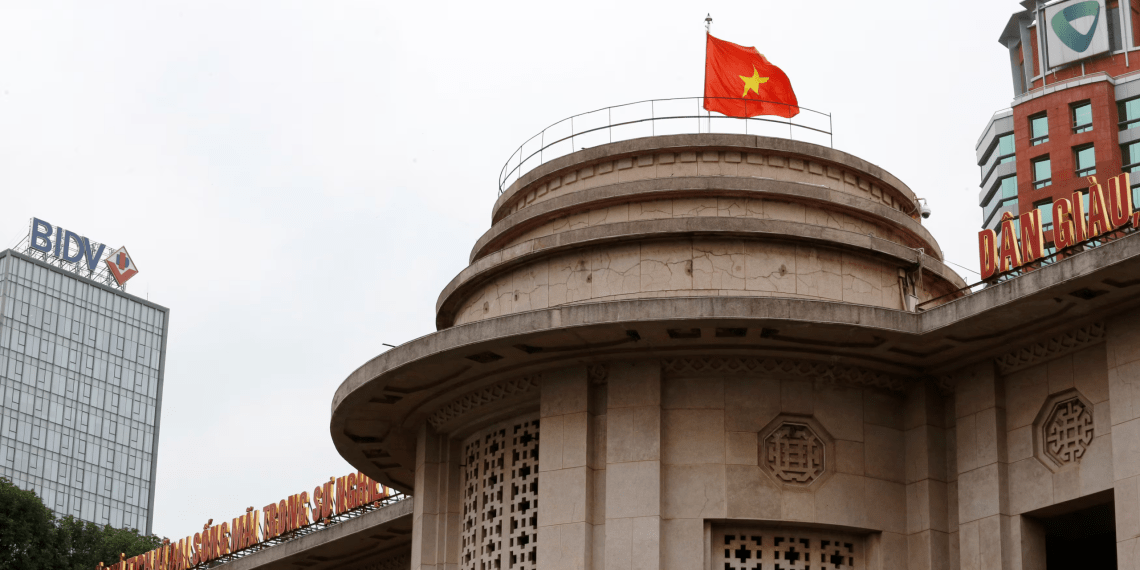
The government in Hanoi has ordered the closure of bank accounts lacking biometric verification, affecting over 86 million accounts.
Starting September 1, Vietnam has decided to permanently close more than 86 million bank accounts that did not comply with the new facial biometric authentication requirements. The remaining 113 million accounts have been subjected to verification under the new anti-fraud and anti-money laundering regulations.
The situation has particularly impacted foreigners residing in the Asian country. A Reddit user, a former international contractor, reported being forced to return to Vietnam in person to avoid the closure of his HSBCaccount, as remote solutions for biometric verification were not available.
“This is a very insidious way to do a bail-in while also increasing the surveillance state,”commented Marty Bent.
According to Daniel Batten, researcher and co-founder of CH4 Capital, these measures give the Vietnamese central bank “next-gen financial surveillance ability.”
The Hanoi government justified the introduction of the new rules by citing the increased use of generative AI and sophisticated spoofing techniques to bypass banking security systems. Last May, local police dismantled a laundering network that used fake facial scans and had moved approximately 1,000 billion Vietnamese dong ($39 million).
The new regulations require facial biometric authentication for first-time registration and online transfers over 10 million dong ($379), while combined transactions exceeding 20 million dong ($758) always require biometric verification.
-

 Politics11 months ago
Politics11 months agoMexico’s new president causes concern just weeks before the US elections
-
Business11 months ago
US court acquits Air Peace boss, slams Mayfield $4000 fine
-

 Trending11 months ago
Trending11 months agoNYA demands release of ‘abducted’ Imo chairman, preaches good governance
-
Entertainment11 months ago
Bobrisky falls ill in police custody, rushed to hospital
-
Entertainment11 months ago
Bobrisky transferred from Immigration to FCID, spends night behind bars
-

 Politics11 months ago
Politics11 months agoRussia bans imports of agro-products from Kazakhstan after refusal to join BRICS
-

 Politics11 months ago
Politics11 months agoPutin invites 20 world leaders
-
Education1 year ago
GOVERNOR FUBARA APPOINTS COUNCIL MEMBERS FOR KEN SARO-WIWA POLYTECHNIC BORI



